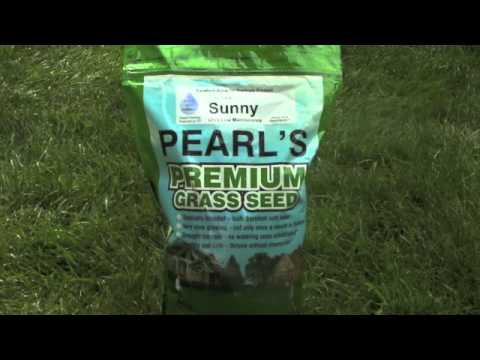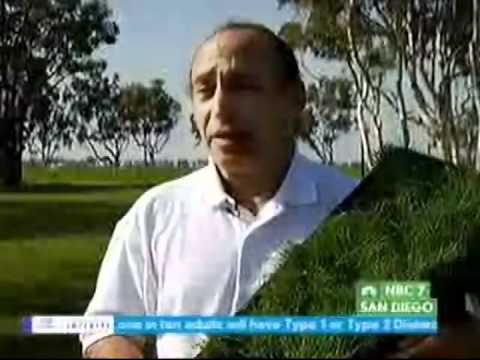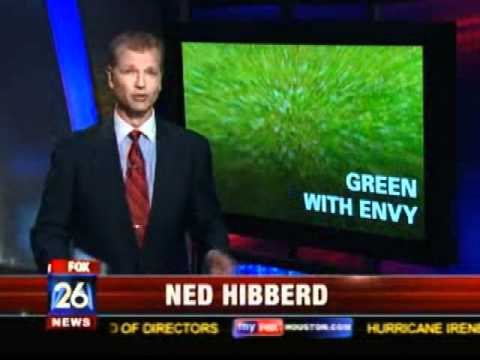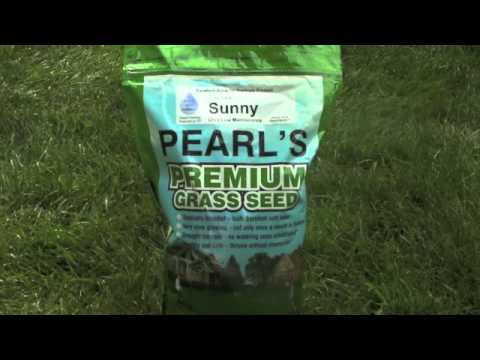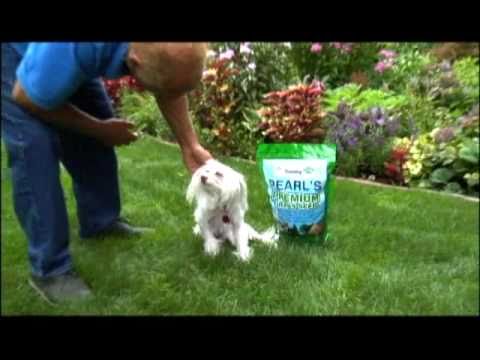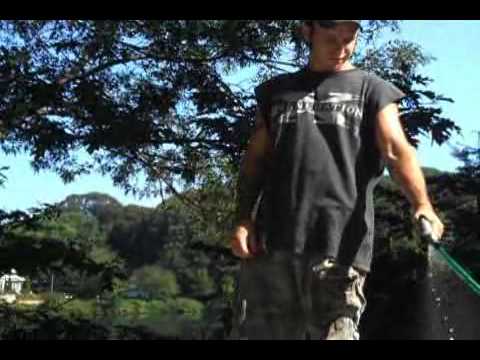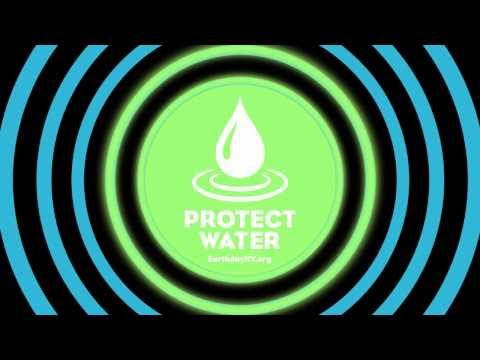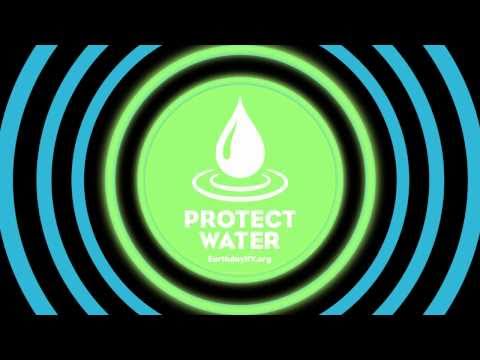WBUR NPR - Local Man Invents New Uber Grass (Article and Podcast)
By: Monica Brady-Myerov (CLICK HERE FOR PODCAST)
WAYLAND, Mass. — The first thing you notice about Jackson Madnick’s house in Wayland is that there’s no lawn. He lives by a pond, so for eight years he experimented with grass seed by growing batches of it on his patio.

“We had thousands and thousands of little cups with numbers on it and I kept a log book,” said Madnick. And he examined the seed in relative secrecy.
People would come by and ask about the little cups of dirt on his patio. Madnick said he would just tell them it was “for a little experiment.”
“I didn’t know whether it would ever turn into something as useful a breakthrough as it is,” Madnick said.
Madnick’s breakthrough is called Pearl’s Premium Low Maintenance Lawn Seed. Once it’s established, it doesn’t need watering or fertilizing. The grass also stays greener in the winter and it grows slowly, so it needs less mowing.
“It’s very, very lush. And if you feel it, it’s deliciously soft,” Madnick said, lying on a Weston lawn grown from his seeds.
Pearl’s Premium Low Maintenance Lawn Seed is a mixture, not a hybrid, of seven different seeds that have roots up to 12 inches deep — six times the norm, which allows it to access moisture deep in the soil.
“Many people call it ‘miracle grass,’ ‘the holy grail of grass.’ It’s not that,” Madnick said. “It’s just a very slow-growing native grass. It grows in many places that other grasses won’t, like (in) low light and poor soil.”
Madnick is an electrical and mechanical engineer who has invented and designed things his whole life. But this science experiment could make him a millionaire.
Landscaping is a $38 billion industry. The patent is pending on his seed mix but it’s already being sold at Whole Foods and online at The Home Depot. Some cities and towns are interested because it might save them a lot of money.
“If this grass seed does what it claims, this has huge implications on cost savings for the city,” said Maria Rose, Newton’s environmental engineer.
Newton manages hundreds and hundreds of acres of publicly owned land and is testing Madnick’s seed in Newton Corner.
“This is a Pearl’s Premium planted last year and you’ll see it’s a very deep, rich green — very thick,” Madnick said, grabbing a tuft.
Newton is also interested because it could mean a significant reduction in the use of fertilizer on public lands. Research shows lawn fertilizer can increase health risks to children and pets. And a federal law will soon require more than 30 communities in the Charles River watershed to cut down on phosphorous runoff by more than 60%.
Rose says that while there are other organic grasses, Madnick’s is the only one she’s come across that doesn’t need fertilizing.
“Trying something like this before we start asking residents to do it was our way of saying if this works for the city there’s no reason why it shouldn’t work for homeowners and contractors alike,” Rose said.
For the town of Littleton, the seed’s potential to reduce outdoor water use is attractive.
Savas Danos runs the town’s Water Department and says the town uses a lot of water.
“We have a lot of homes with lawns”, Danos said. “We typically would have a high per capita consumption in the summer time and a lot of that is for keeping your lawn green.”
That’s why Littleton has decided to sell Pearl’s Premium at cost to residents. It typically costs 20% more than regular grass seed. But it’s not really the money that motivates Madnick, the inventor.
“What matters to me is knowing that I’m dong something to preserve the health and children and animals in our world,” Madnick said.
Madnick named the grass seed after his mother, Pearl, who used to care for stray animals and who taught him to care for the environment.




